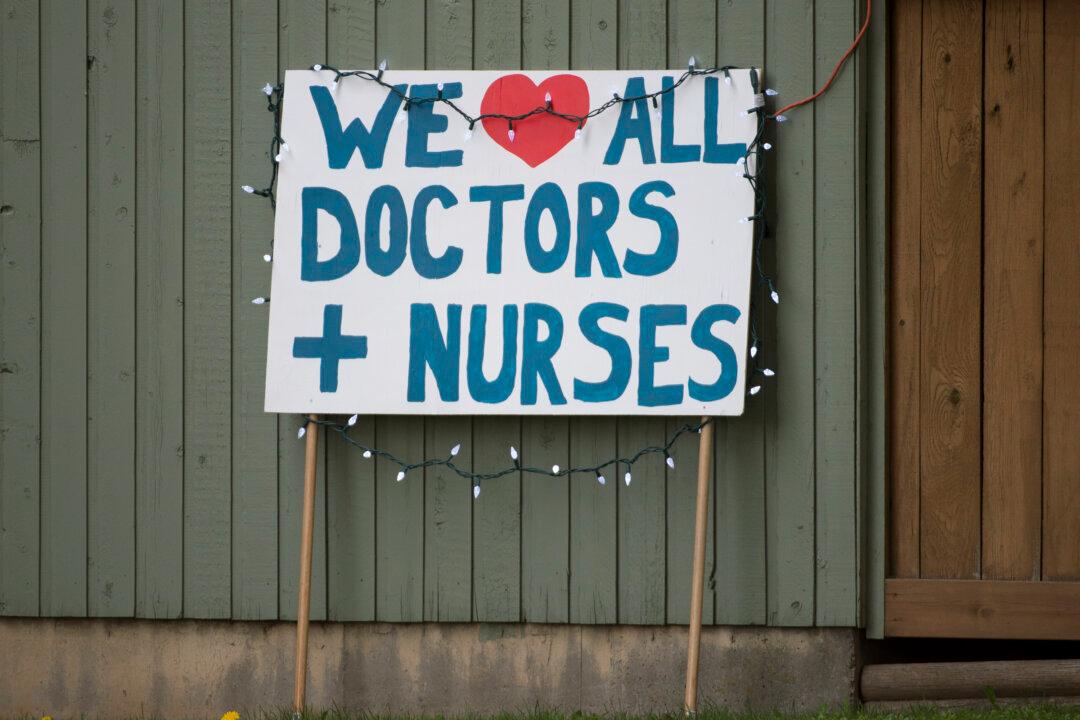Foreign nurses with international training will be licensed faster in some areas of Canada under a new credentialing program introduced by National Nursing Assessment Service (NNAS).
NNAS said in a news release on June 21 that internationally educated nurses (IENs) who want to become licensed or registered to work in Canada in participating provinces will have their most essential documentation reviewed and NNAS advisory reports issued within five days of being received.





